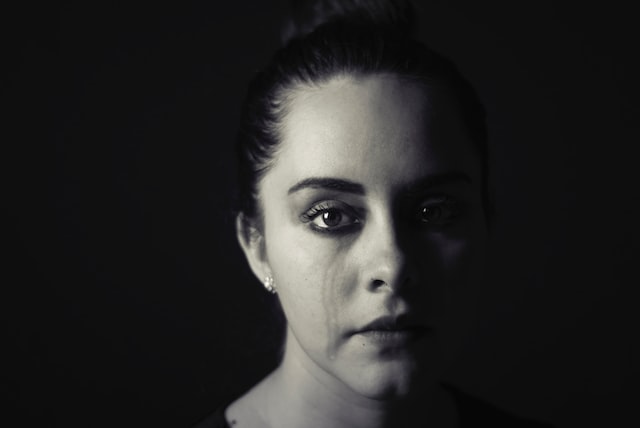Margalita Poletunow, MA, LPC, LPCMH
From an early age, most women are dreaming of having a family one day. From the
time of their puberty, they have been told that God has designed their bodies to carry and birth a baby. Imagine years later when that woman is married, bubbling with excitement when she becomes pregnant, only to hear from her medical provider the most heartbreaking news: there is no heartbeat! You are having a miscarriage!
Unfortunately, women receive this devastating news every day, week, and month! I belong to this group of grieving mothers whose dream of holding that baby in her arms one day was shattered by this news! Miscarriage happens to women across every social, economic, and religious circle. You can lose a child by miscarriage at any age during your childbearing years from your twenties to your forties and even beyond.
What does a woman do with that kind of loss? Where does she turn to for support?
Unfortunately, after a miscarriage many women suffer in silence! Let’s address a few
reasons that make miscarriage such a taboo topic to the point that a woman may believe there is nowhere to turn to for support.
1. The first reason could be that a miscarriage happens from a few weeks to 21 weeks of
pregnancy. At this early stage, most women do not look like they are pregnant unless they
choose to disclose that information to family members or very close friends. So, how does a
woman grieve a loss that no one knew about or was invisible to others? Perhaps people in her surroundings are dismissing her pain and make statements such as: “At least, you were early”, or “It really wasn’t a baby anyway”. These statements, though not intended to be, at best convey a total disregard and lack of respect for the sanctity of life, and at worst show a lack compassion! Not only, was that child formed in God’s mind before she was in her mother’s womb, but for that woman that baby was precious and beloved!
2. Another reason for the tendency to be quiet regarding miscarriage is that our society is
mostly silent about this topic. Most women do not talk about miscarriage in their families. Most women do not discuss their reproductive health history with their daughters. So, the
expectation is that you are a woman, and you should be able to carry a baby to term. No
wonder a woman feels isolated, like she is the only one going through that loss, and therefore, reluctant to discuss her pain and grief.
3. A third reason could also be that in our religious circles, or even during Mass, one hardly
hears anything about praying for a family who has lost a child through miscarriage. We often
read or hear announcements in the bulletin about an older “visible” member of the church
passing away, but not about a baby who was five weeks in utero! It is as though the secret must be kept. And, I often ask myself: “who exactly benefits from preserving that secret?”
The good news is that times are changing, and bit by bit many of us are becoming more
aware that experiencing intense grief after a miscarriage is normal and that people who
experience this type of pregnancy loss need a lot of care and support.
As a woman of faith, as a mother who experienced miscarriage, as a clinician dedicated to helping women experiencing loss, I want to express my sympathy and prayers to any woman going through a miscarriage. I want you to know that you were carrying a baby and your pain is real! In addition, I want you to know also that you do not have to suffer alone, and that you need to find a supportive, compassionate space to help you navigate that grief. Lastly, God sees you, and has not forgotten about you or the desires of your heart. For He who promises is faithful. His love is abundant and everlasting!
© All Rights Reserved, Living His Life Abundantly®/Women of Grace® http://www.womenofgrace.com
 Margalita is a Catholic psychotherapist in private practice who specializes in working with women who feel heartbroken and devastated after a pregnancy loss. Learn more about her here!
Margalita is a Catholic psychotherapist in private practice who specializes in working with women who feel heartbroken and devastated after a pregnancy loss. Learn more about her here!










